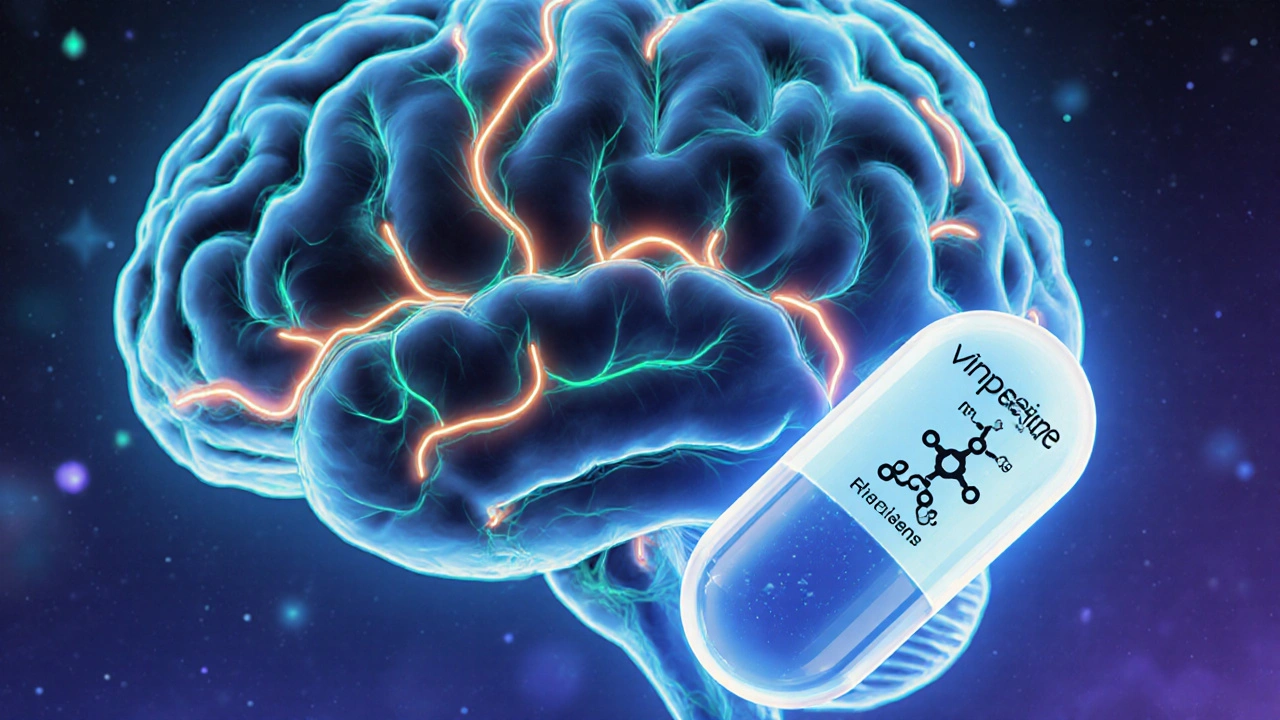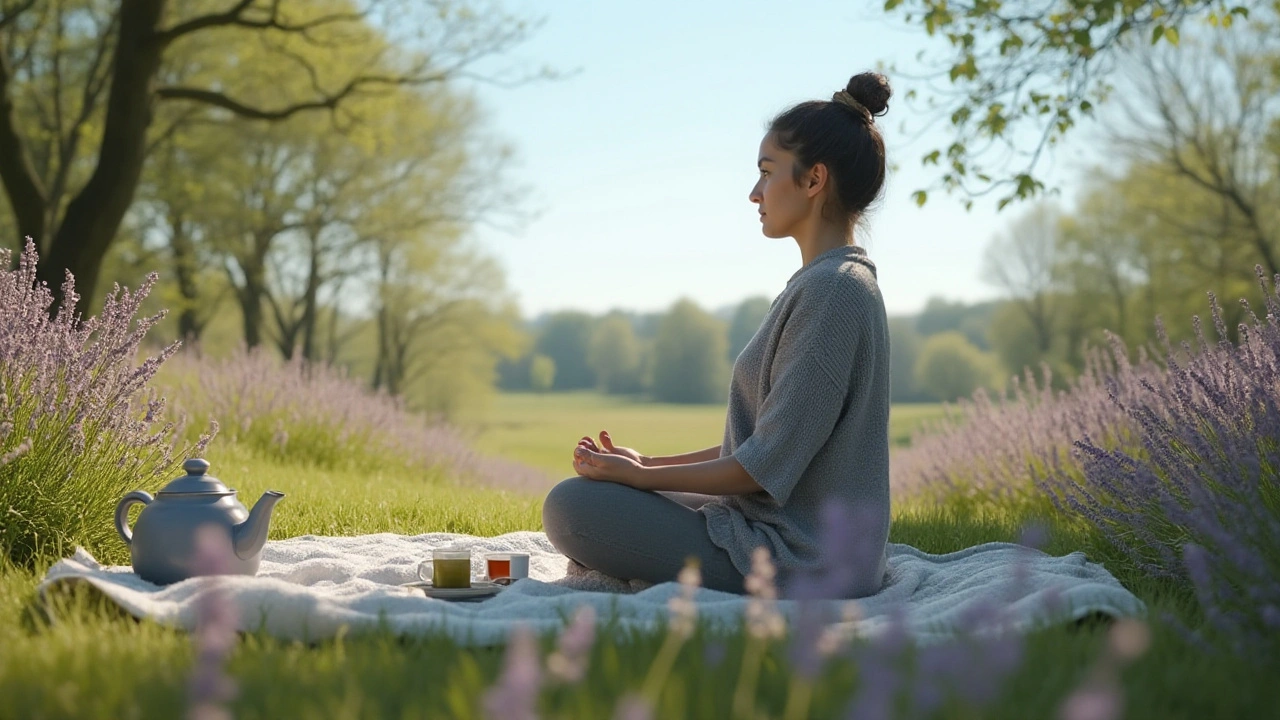Mental Health: Practical Help for Anxiety, Stress, and Mood
Feeling anxious, overwhelmed, or low? You’re not alone. This category brings together clear, usable advice for everyday mental health: easy lifestyle shifts, safe natural options, and when to consider medication.
If anxiety is the issue, start with daily habits that matter. Sleep affects mood more than most people expect. Aim for consistent bed and wake times, limit screens an hour before bed, and keep the bedroom dark and cool. Movement helps too. A thirty-minute walk or short home workout three times a week cuts stress and boosts calm. Add small breathing exercises—practice a simple 4-4-4 pattern (inhale 4, hold 4, exhale 4) when tension spikes.
Diet shows up in mood. Swap heavy processed meals for whole foods rich in protein, fiber, and omega-3s. Drink water and limit caffeine late in the day. If you suspect a deficiency, get basic blood tests for vitamin D, B12, and thyroid function and talk to your doctor about results.
Natural remedies that people use
Herbs and supplements can help some people, but they aren’t magic. Magnesium helps with sleep and tension for many. L-theanine, found in green tea, can reduce jitteriness without drowsiness. Ashwagandha may lower stress markers, and valerian or chamomile can aid sleep. Always check interactions with any prescription you take and consult your provider before starting new supplements.
Mindfulness and therapy are powerful tools. Cognitive Behavioral Therapy (CBT) teaches practical skills to change how you think and react. You can practice short CBT exercises at home or see a therapist online or in person. Mindfulness apps and short daily meditations also lower anxiety over time. Pick one practice and do it for at least three weeks to see real change.
When to consider medication or professional help
Medication can be life-changing for some people. If anxiety stops you from working, sleeping, or caring for yourself, see a clinician. They will evaluate symptoms, medical history, and possible side effects. If you prefer non-drug options first, tell the clinician—many will combine therapy, lifestyle plans, and lower-dose medications when needed.
Curious about Buspirone alternatives? We have a focused article titled 'Exploring Natural Remedies for Anxiety Instead of Buspirone' that reviews herbs, lifestyle strategies, and how to talk to your doctor about switching or layering treatments. Read it for practical comparisons and safety tips.
Use this category to find short guides, clear explanations, and realistic steps. Try one change at a time—track how you feel for two weeks and adjust. If things don’t improve or they worsen, reach out to a healthcare professional. Getting help is a strong first step, not a last resort. Join our mailing list for new posts and simple mental health tips.
Child and Adolescent Depression: How Family Therapy and Medications Work Together
Family therapy and medication are two of the most effective treatments for child and adolescent depression. Learn how they work, when to use them, and why combining both often leads to the best outcomes.
Adolescents on ADHD Medications: Monitoring Growth, Appetite, and Side Effects
ADHD medications help teens focus but can suppress appetite and slow growth. Learn how to monitor height, weight, and nutrition to protect long-term health while managing symptoms effectively.
Vinpocetine for Depression & Anxiety: Natural Mood‑Boosting Nootropic
Explore how vinpocetine works as a natural mood booster, its evidence for depression and anxiety, safe dosing, side effects, and how it compares to other supplements.
Breaking the Silence on Depression Stigma
Explore why depression stigma persists, learn how to break the silence, and discover actionable steps and resources to support mental health.
Exploring Natural Remedies for Anxiety Instead of Buspirone
In a world where anxiety can overwhelm, people often search for effective remedies to find peace. While medications like Buspirone offer relief, there’s growing curiosity about natural alternatives. This article delves into various herbs, lifestyle changes, and mindfulness practices that help manage anxiety symptoms. These natural methods can be a great supplement or alternative to traditional medication, offering a holistic approach to mental health.





